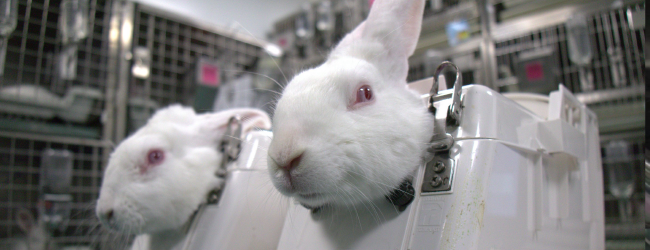BIO updates figure for failure rate of drugs after pre-clinical animal tests to 92%
Europe urgently needs a plan to accelerate transition to human relevant science

Earlier this year, the Biotechnology Innovation Organisation (BIO) - the world’s largest trade association representing biotechnology companies, academic institutions, state biotechnology centres and related organisations across the United States and in more than 30 other nations, published an updated version of its Clinical Development Success Rates report for 2011-2020.
The report concludes that 92% of drugs fail in human trials even though they passed pre-clinical tests, including animal tests.
Urology drugs now have the lowest success rate (only 4% are approved after entering clinical trials), followed by heart drugs (5%), cancer drugs (5%) and neurology drugs (6%).
As legislators in Europe consider the need for pro-active plans to accelerate the transition to animal-free science, it is timely to reiterate that despite all the seemingly progressive commitments in European law, the evidence of analyses like the BIO report and significant work done by industries and scientists across sectors to advance science and technology, product safety regulations and health research are still stuck in the default mindset of animal tests.
The evidence shows that it is high time to recognise that mice, rats, dogs, monkeys and other animals are not mini-humans and regulate for human-relevant science and research.
Though potential drugs typically undergo both animal and non-animal tests before they reach human clinical trials, the current drug safety testing regime relies heavily on animal tests. When you consider that more than half of potential drugs fail because they are unsafe (the remainder because they are ineffective or commercially unviable), and at early stages of clinical trials, it is clear that animal tests are not sufficiently predicting what will happen in humans. As well as wasting resources and frustrating the development of useful drugs, occasionally this lack of safety can have tragic consequences: for example, eight human volunteers receiving experimental drug TGN1412 in a 2006 clinical trial developed life-threatening multiple organ failure, despite receiving a dose 500 times lower than that found safe in tests on rats and monkeys.
Our Director of Public Affairs, Kerry Postlewhite, said: “Members of the European Parliament next week have a golden opportunity to be trailblazers for better human health and environmental protection by supporting the call for a plan to ‘accelerate a transition to innovation without the use of animals in research, regulatory testing and education’.”
We need to accelerate humane, human-relevant science in the EU, and YOU can help - If you’re a citizen of the EU, sign the European Citizens’ Initiative.
